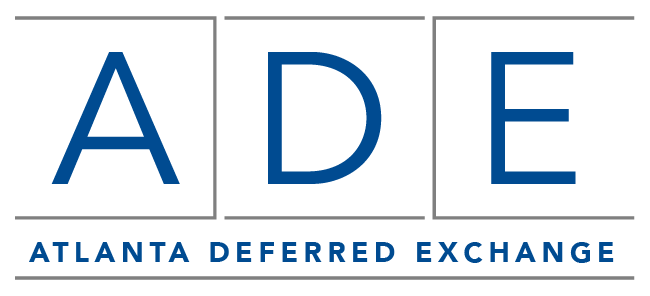
A tax deferred exchange is an authorized transaction under Section 1031 of the Internal Revenue Code that allows a taxpayer to sell a qualified property and acquire another like-kind property without having to pay tax. The tax consequences do not disappear but get carried forward into the new property. Investment real estate is an example of a qualified property. Most exchanges today are done on a delayed basis. From the date the relinquished property is sold, the investor has a maximum of 180 days to complete the transaction with a shorter, 45-day window in which to identify potential replacement properties. When doing an exchange on a delayed basis, the taxpayer must use the services of a qualified intermediary (also known as an accommodator) to properly complete the transaction. ADE provides this qualified intermediary service along with the necessary documents that are needed to comply with the IRS Regulations.
The main motivation for most of the investors who call us about potentially completing an exchange is to avoid paying any tax on the sale of their property. While this may be the predominant motivation, there are many other reasons why this type of transaction may be an excellent strategy.
Other common reasons to exchange include:
-
An opportunity to sell a property with management headaches
-
Creating cash flow by selling unimproved land and buying income producing property
-
Reinvesting in a property which is geographically closer to the investor
-
Diversifying or consolidating properties within an investment portfolio
-
Maximizing the compounding benefit of deferring the tax that would have been due. This is a great wealth-generating strategy. By not paying the tax, you have more cash to invest. Over time, this will have a compounding effect that is substantial.
